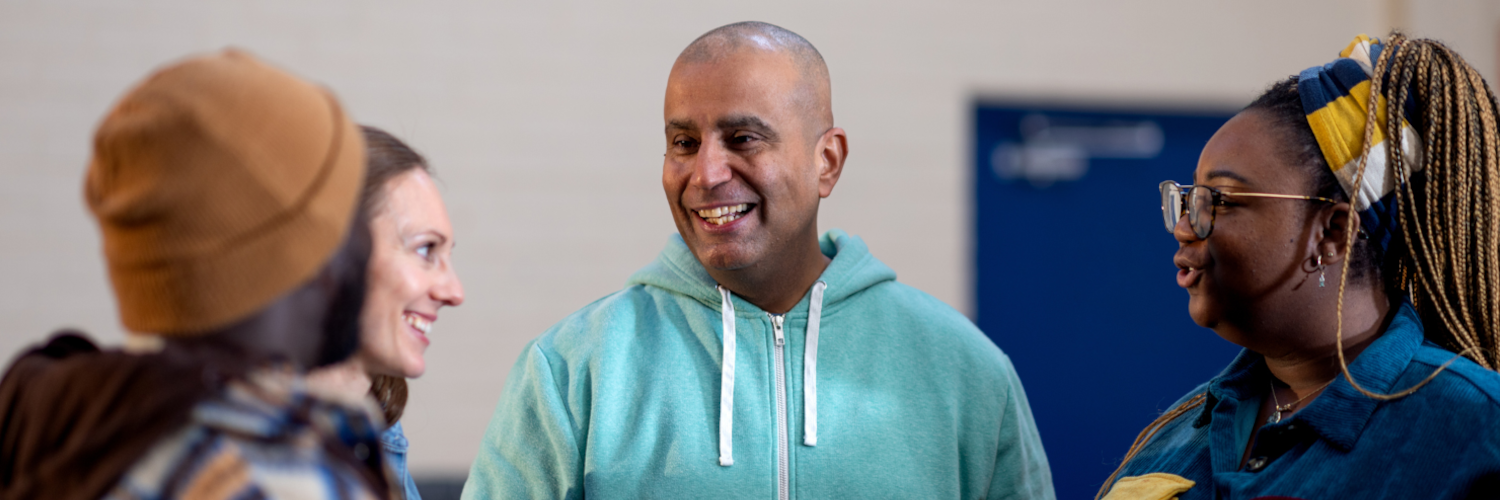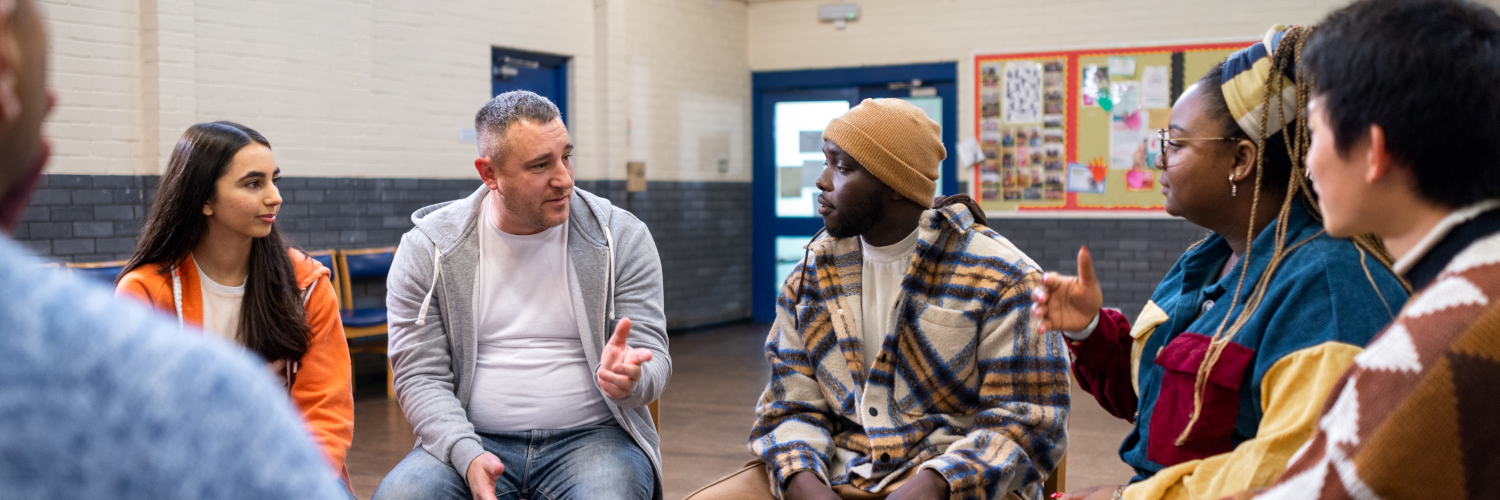More resources, better used
How to use limited resources in innovative and efficient ways to reduce waste and to provide effective care and support for people.
Introduction
The participants of this Evidence Review were clear that there is an urgent need for additional resources to support effective care and support for people. However, there are also many opportunities for existing resources to be used in better, more effective and more efficient ways.
This chapter explores ways in which we can reduce waste and improve efficiency, and provides useful insights into ways in which we can develop innovative solutions in some key areas of social care practice which allow us to make the best possible use of limited resources.
Making best use of resources
How can we make better use of limited resources? How can we ensure that we are improving transitions between services through more effective partnership working? What are some of the challenges to effective social work practice that arise when resources are stretched?
When citizens notice and experience waste and inefficiencies in the health and social care services they come into contact with, it is both frustrating and upsetting. Reflect on ways to make the best of limited resources and increase efficiency in social care.
Transitions between services are times when people move from one part of the system to another – for example, between child and adult services, or between health and social care. Learn about partnership working which is usually the key to improved transitions.
Listening to what people say, and standing up for their rights, is invaluable to people with care and support needs. Learn more about how we can make social work an enabling, empathetic profession.

Effective working with co-production, legal literacy and technology
How can co-production support more efficient and effective ways of working? Where can technology help to support better lives for people? How can we recognise and reward the huge level of knowledge and time that informal carers bring?
Genuine co-production – beginning from an open discussion about what matters to people in terms of how resources are used, and being properly supported through time and payment – is fundamental when arguing for more resources. Learn more about how we can put it into practice.
Technology, including assistive technology, is often underused – or used in a way that makes people feel uncomfortable. However, there are enormous opportunities opening up with technology. Learn more about how we can embed it effectively in social care.
Legal literacy is about awareness of rights in the workforce. Many of the suggestions to improve resource use have legal standing, but they are either not known about, or not enforced. Reflect on how we can make better use of legal literacy in social care.
Many carers experience being ignored, having unrealistic expectations forced upon them and being taken for granted. Learn more about how carers can support improvements to the systems the person they care for is part of, and the services that support them as carers.

Using accountability and quality assurance
How can we ensure that the key levers of accountability, auditing and quality assurance are used to make the best possible use of limited resources? How can we link short term actions to longer term goals and outcomes? What can you do to support a culture of listening within your organisation?
Accountability, auditing and quality assurance are key levers in ensuring resources are used as well as they could be. Reflect on how citizens, who directly experience services, should be given a far greater role in holding services to account, and judging how they are measured.
There can be tension between what is effective in the long-term – supporting preventative work and providing true foundations for a better life – and necessary short-term actions to tackle crises, which tend to be expensive and reactive. Learn more about how preventative work can support better use of resources.
Culture in organisations is led by, or at least heavily influenced by, the leadership in that organisation. Learn more about how listening can lead to better use of resources, because when it happens there’s buy-in for collective improvement.


